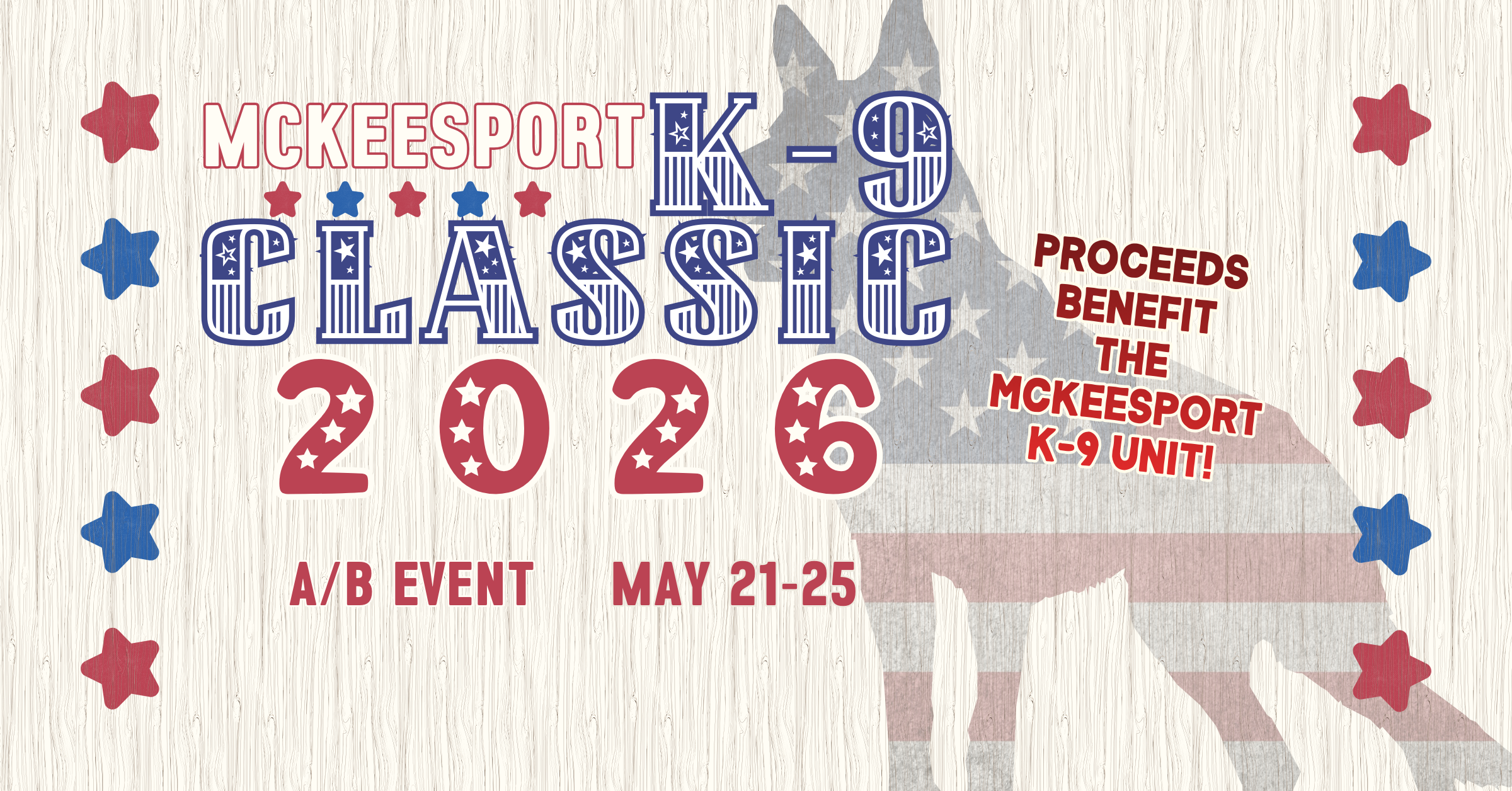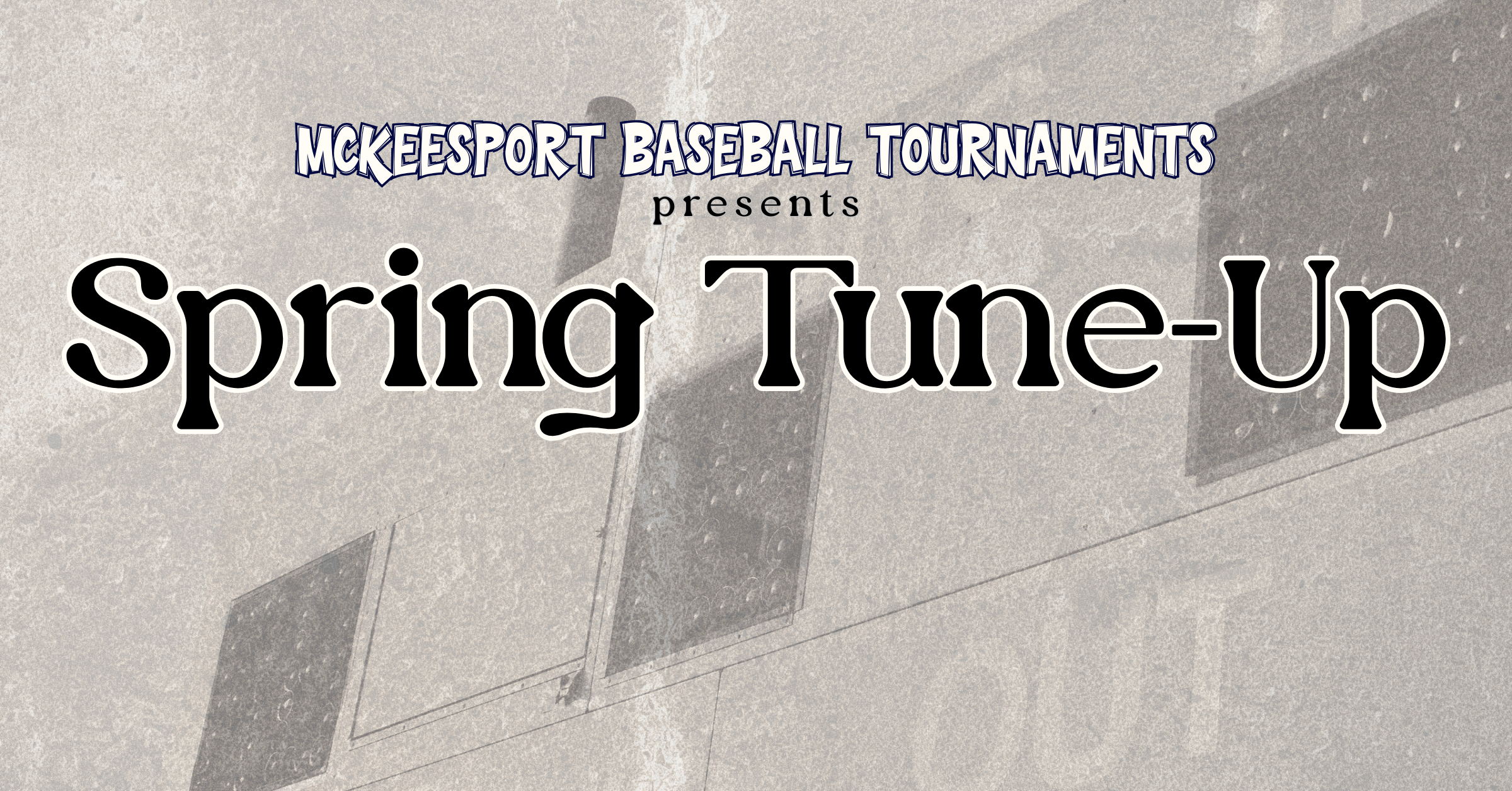How to Support Your Youth Athlete's Growth Mindset
for Lifelong Success and Resilience
Discover how to nurture your youth athlete's Growth Mindset to
foster resilience, creativity, and success in every stage of life.
Fostering a growth mindset in youth athletes is key to unlocking their potential, boosting resilience, and building valuable life skills. A growth mindset is the belief that abilities develop through effort, learning, and persistence. Here’s why it matters:
What is a Growth Mindset?
It teaches kids to view challenges as opportunities, mistakes as lessons, and effort as the path to success. This perspective builds confidence and emotional strength.
Teamwork and Empathy: Athletes with a growth mindset handle setbacks better, value teamwork, and support others, strengthening their relationships and social skills.
Effective Praise: Focus on effort, not innate talent. Instead of “You’re a great player,” try “You worked hard for that play.” This approach boosts confidence and reduces sibling comparisons.
Innovation and Creativity: Encourage curiosity, experimentation, and learning from failure. A growth mindset fosters problem-solving, critical thinking, and creativity—essential for innovation.
Emotional Growth: It builds confident, compassionate, and ethical adults. By valuing effort and accountability, kids grow into resilient, morally grounded individuals.
Modeling Growth Mindset at Home: Parents play a vital role. Celebrate effort, embrace mistakes, and show that learning never stops. Create a supportive environment where challenges are welcomed.
Encouraging a growth mindset prepares kids for success in sports and life. Celebrate the process, not just the outcome, and help your athlete thrive both on and off the field.
🎉 McKeesport Baseball Tournaments invites you to practice this mindset in Renzie Park. Compete for the BIGGEST TEAM CHAMPIONSHIP Trophy and enjoy legendary baseball and fun!
Boylan, F., Barblett, L., & Knaus, M. (2023). I think I can, I think I can’t: Design principles for fostering a growth mindset in the early years. Journal of Early Childhood Teacher Education, 45(1), 96–117. https://doi.org/10.1080/10901027.2023.2251924
Chen, J., & Liu, C. (2023, February 15). The Longitudinal Association between children’s growth mindset in Senior Primary School and their parents’ growth mindset. Frontiers In Psychology. https://www.frontiersin.org/journals/psychology/articles/10.3389/fpsyg.2023.1110944/full?utm_source=chatgpt.com
Krskova, H., & Breyer, Y. A. (2023, February 18). The influence of growth mindset, discipline, flow and creativity on innovation: Introducing the M.D.F.C. Model of Innovation. Heliyon. https://pmc.ncbi.nlm.nih.gov/articles/PMC9982030/?utm_source=chatgpt.com
Limeri, L. B., Carter, N. T., Choe, J., Harper, H. G., Martin, H. R., Benton, A., & Dolan, E. L. (2020, July 8). Growing a growth mindset: Characterizing how and why undergraduate students’ mindsets change - international journal of STEM education. Springer Open. https://stemeducationjournal.springeropen.com/articles/10.1186/s40594-020-00227-2
Liu, Q., & Tong, Y. (2022, May 18). Employee growth mindset and innovative behavior: The roles of employee strengths use and strengths-based leadership. Frontiers In Psychology. https://www.frontiersin.org/journals/psychology/articles/10.3389/fpsyg.2022.814154/full
McCracken, S. L. (2024, December 17). Understanding the role of growth mindset on innovative thinking in working professionals. Purdue University Graduate School. https://hammer.purdue.edu/articles/thesis/_b_Understanding_the_Role_of_Growth_Mindset_on_Innovative_Thinking_in_Working_Professionals_b_/27941673
University, S. (2024). Growth Mindset and enhanced learning. Teaching Commons. https://teachingcommons.stanford.edu/teaching-guides/foundations-course-design/learning-activities/growth-mindset-and-enhanced-learning
Yeager, D. S., & Dweck, C. S. (2020, December). What can be learned from growth mindset controversies?. The American Psychologist. https://pmc.ncbi.nlm.nih.gov/articles/PMC8299535/
https://pmc.ncbi.nlm.nih.gov/articles/PMC8299535/
https://www.researchgate.net/publication/359527392_GM-C_A_Growth_Mindset_Scale_for_Young_Children
https://compass.onlinelibrary.wiley.com/doi/10.1111/spc3.12723
🌱 Making a Lasting Impact
It goes without saying that parents want the best for their children and one of the most enduring skills that can be shared is to practice a Growth Mindset with them. This mindset can be the key to unlocking their potential, fostering resilience, and setting them on the path to lifelong success. In this article, we explore how encouraging a growth mindset in your youth athlete can make a lasting impact on their emotional, social, and academic development, and why it’s essential for helping them become confident, empathetic, and morally-conscious adults.
🍀 What Is a Growth Mindset?
A growth mindset is the belief that abilities and intelligence can be developed through dedication, effort, and learning from challenges. It’s about viewing obstacles as opportunities and seeing mistakes as valuable lessons. When children are taught to embrace this mindset, they become more resilient, persistent, and open to learning. This attitude is crucial for healthy emotional development, as it helps children bounce back from setbacks and face challenges with confidence.
🌱 How a Growth Mindset Helps Athletes Develop Valuable Team Skills
Athletes with a growth mindset don’t view failures as permanent - they see them as stepping stones toward improvement. This mindset not only helps them stay emotionally strong in the face of adversity, but it also nurtures empathy and social skills. When athletes understand that effort and perseverance lead to growth, they’re more likely to support others in their own journeys, creating stronger relationships based on teamwork and respect.
Parents play a key role in nurturing this mindset through every day language. Rather than focusing on innate abilities, research endorses praising the efforts made by your athlete. Instead of saying a statement that promotes an innate ability, “You’re a great baseball player,” encouraging something related to process and critical thinking like, “You really worked to make that play,” has been shown to have lasting positive outcomes. This small shift in how achievement is talked about can have a big impact on how youth athletes perceive their own abilities and potential for growth.
In addition to shifting from a “born or innate ability” to an “effort ability,” siblings might be less likely to experience feelings of inadequacy or comparison if parental praise is rooted in praising critical thinking processes rather than an implied, “your sibling is a good baseball player because they were born with to be a good baseball player.”
The Role of Growth Mindset in Children's Development
A study published in Frontiers in Psychology examined the longitudinal association between children's growth mindset and their development. The research found that a growth mindset positively influences children's development, suggesting that encouraging this mindset can lead to better emotional and social outcomes.
🪻 Fostering Innovation Through Growth Mindset
A growth mindset is also essential for fostering creativity and innovation. Athletes that approach challenges as opportunities to grow are more likely to take risks, explore new ideas, and think outside the box. These are all critical traits for problem solving and innovation.
Encouraging curiosity is key to supporting this kind of mindset. Let your athlete experiment with trial and error, ask questions, and tackle challenges - even when things get messy. After all, failure is often part of the process, and some of the greatest innovations in history have come from moments of unexpected failure. Think about the microwave oven - it was a happy accident! Teaching youth athletes to see failure as part of the growing journey allows them to embrace the process of experimentation and growth.
Growth Mindset and Innovation
Another body of research featured in Frontiers in Psychology explored how growth mindset, discipline, flow, and creativity contribute to innovation. The study introduced the M.D.F.C. Innovation Model, highlighting that a growth mindset, combined with discipline, flow, and creativity, can significantly enhance innovative behavior. This finding underscores the importance of fostering a growth mindset to encourage creativity and problem-solving skills in children.
☘️ Building Healthy, Happy, and Ethically Grounded Adults
A growth mindset doesn’t just help youth athletes excel in sports and school - it also sets the foundation for them to become confident, compassionate, and ethical adults. When athletes learn that improvement comes from effort, they build a sense of self worth that is grounded in their actions rather than fixed traits like intelligence or talent. This sense of self confidence allows them to face challenges without fear of judgment or failure.
Furthermore, a growth mindset fosters empathy, respect, and accountability. Athletes who value effort are more likely to understand that everyone has their own path and that hard work leads to progress. They learn humility by recognizing that no one is perfect, and they develop accountability by taking responsibility for their actions and learning from their mistakes.
🌵 Modeling Growth Mindset at Home
One of the best ways to foster a growth mindset in your youth athlete is to model it yourself. Share your own experiences of learning, making mistakes, and overcoming obstacles. When they see that growth is a lifelong journey - one that even adults continue to embrace - they’re more likely to adopt this mindset for themselves.
Create a home environment where effort is celebrated, mistakes are seen as learning opportunities, and challenges are approached with curiosity. By doing so, you’ll help your youth athlete develop a mindset that will serve them well in every aspect of their life - for the rest of their life.
🌻 Final Thoughts
Supporting your athlete’s growth mindset is an investment in their future. It helps them develop emotional resilience, fosters creativity, and lays the groundwork for them to grow into confident, compassionate adults. Remember, every challenge is an opportunity for growth and by encouraging effort over results, you’re helping your child unlock their full potential.
So, let’s celebrate the journey—not just the destination. Keep supporting your athlete’s growth 🍀 and keep growing together.
🍀 Practice Growth Mindset on the Baseball Field
Encourage your youth athlete and their team to practice and master their growth mindset skills on the baseball field! McKeesport Baseball Tournaments would love to meet you and your team in beautiful and historic Renzie Park this year.
🌟 🏆 🏆 🏆 AND 🏆 🏆 🏆 🌟
What better way to have some growth mindset, discipline, flow, and creativity practice as motivation when you're team is working for the Original BIGGEST TEAM CHAMPIONSHIP Trophy in the Mon Valley!
👋🏼 See You Soon!
Check out this year's Tournament Schedule now and join us for weekends of Unforgettable Baseball & Legendary FUN!
Stay Out Of A Pickle ⚾️ Read The Blog
The Rundown
End the Season With a Bang at the 3rd Annual McKeesport Dinger Derby Looking for a fun and exciting way to wrap up your ...
🐾 8th Annual McKeesport K9 Classic Memorial Day Weekend | Baseball With a Purpose Where great baseball meets an even ...
Spring Tune-Up Starts Here: Kick Off the 2026 Season with MBT! Welcome to the 2026 season. 😎 There’s no better way to ...












